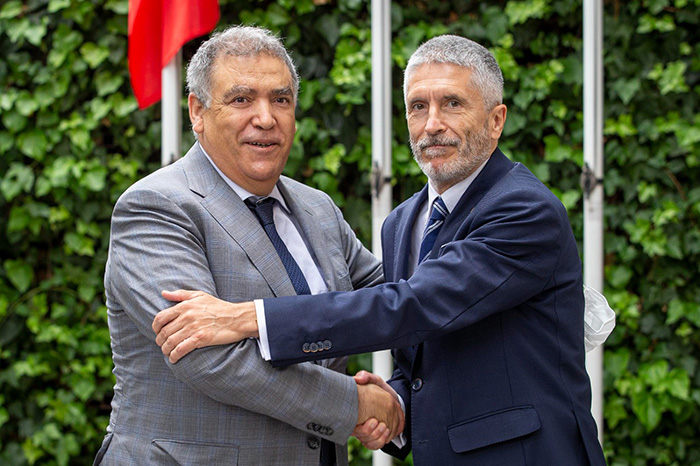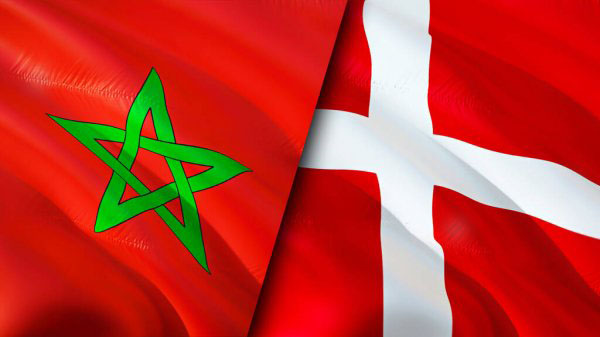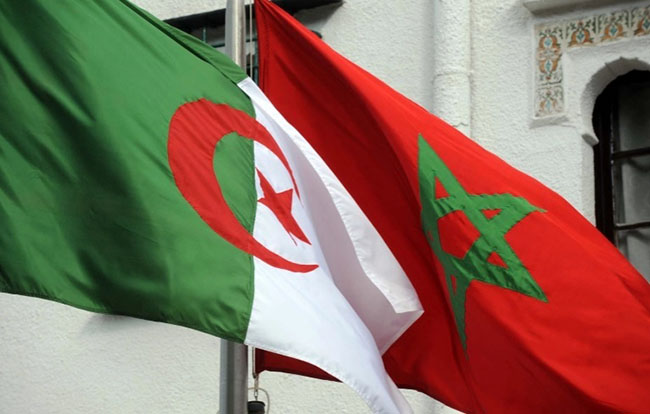Under the leadership of King Mohammed VI, Morocco has become a global hub in several advanced sectors, said on Wednesday in Benguerir, Morocco’s Head of Government, Aziz Akhannouch.
The King has always placed a high priority on the industrial sector, as it is a cornerstone of Morocco’s national economic structure and a vital pillar of the Kingdom’s comprehensive and sustainable development, both economically and socially, stressed Akhannouch at the opening of the 2nd edition of the National Industry Day, themed “Inaugurating a new industrial era driven by sovereignty, a Royal vision at the service of citizens and territories.”
In this respect, the Government Chief stated that Morocco’s climate of political stability and macroeconomic balance has cemented its position in other key industries, such as food processing, chemicals, pharmaceuticals, and textiles/leather.
The multiple strategies were supported by the development of key industrial and logistical infrastructure, including the Tanger-Med Port - now the leading port in the Mediterranean and Africa - and a robust motorway network extending over 1,800 kilometers, Akhannouch said, adding that more than 13,000 hectares of industrial land were mobilized, and nearly 150 industrial zones have been established.
According to Akhannouch, these bold strategies have been accompanied by significant structural reforms aimed at enhancing the business climate, fostering skills development through initiatives like the Cities of Trades and Skills, and boosting the competitiveness of national industry.
These efforts, he added, have resulted in a highly skilled workforce, with women making up over 43% of workers in the sector.
Akhannouch referred to several key projects that have also been launched to support industrial stakeholders and bolster national industry, such as the New Investment Charter, the National Strategy "Digital Morocco 2030," the enactment of the Payment Deadlines Law, the creation of 22 new industrial acceleration zones across 8 regions and the refund of more than 20 billion dirhams in value-added tax arrears to businesses.
In the same vein, he noted that the New Investment Charter includes special provisions to stimulate investments in these businesses, including industrial enterprises, with investment packages ranging from 1 million to 50 million dirhams.
Morocco is placing its bets on the energy transition to drive carbon-free production and enhance the competitiveness of industrial production, noted the Head of Government, adding that the Kingdom is working to develop the green hydrogen sector through the "Morocco Offer," which has attracted the interest of major global players in the field.
In line with the High Royal Directives from the Sovereign’s message at the inaugural National Industry Day in March 2023, Akhannouch noted that the government is committed to preparing the national industry to usher into a new era, where sovereignty is both a goal and a tool.
In this respect, he stressed that the government is relying on enhancing the industrial sector as a vital engine for sustainable job creation and as a governmental priority. Recent data is encouraging: in the first half of 2024, the industrial sector, including crafts, created 92,000 jobs, outpacing the service sector.
The Government Chief highlighted the significant challenges facing Morocco’s national industry, which has been affected by global disruptions. In response, the government has injected substantial momentum, notably through the "Industrial Projects Bank" and the "Innovation Support Fund," which has been a resounding success since its inception in 2023.
Akhannouch emphasized that Morocco has demonstrated resilience, reflected by strong indicators, such as the non-agricultural value added which grew by 3.6% in 2023 with an overall growth rate of 3.4% since 2021, meaning a one-point increase over the average recorded between 2014-2021.
The Head of Government stressed that during the reign of His Majesty the King, may God glorify Him, the size of Morocco’s national industry has doubled over the past quarter-century, with industrial exports growing sixfold, from 61 billion dirhams in 1999 to 376 billion dirhams in 2023.
He also highlighted the increase in the number of industrial companies, from 4,500 in 1999 to some 13,000 by 2023, as well as the rise in the number of jobs created in the sector, from 477,000 in 1999 to almost one million today.






